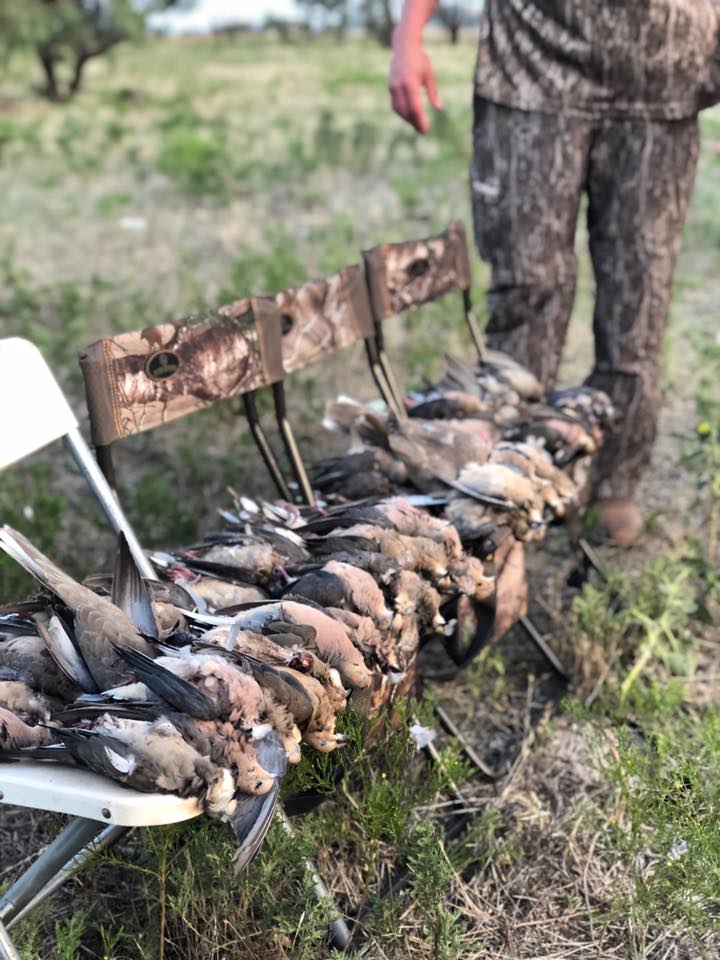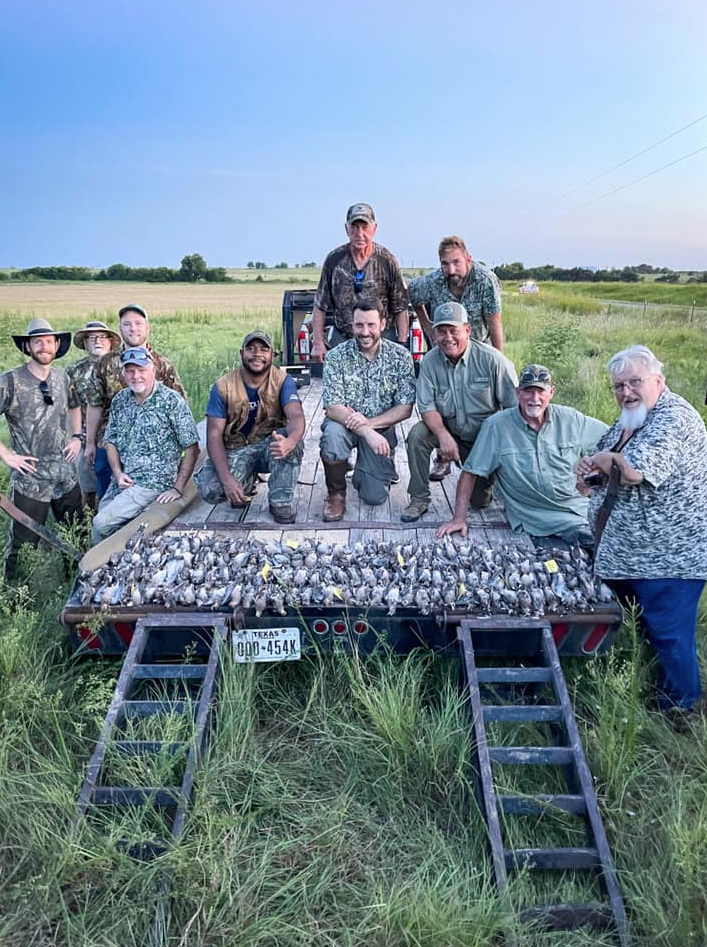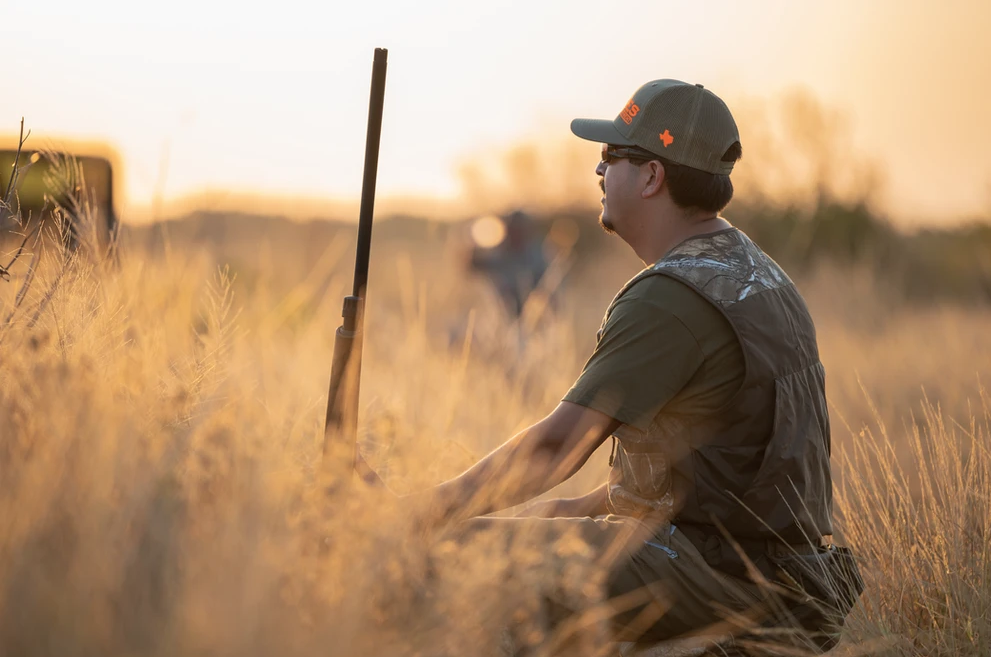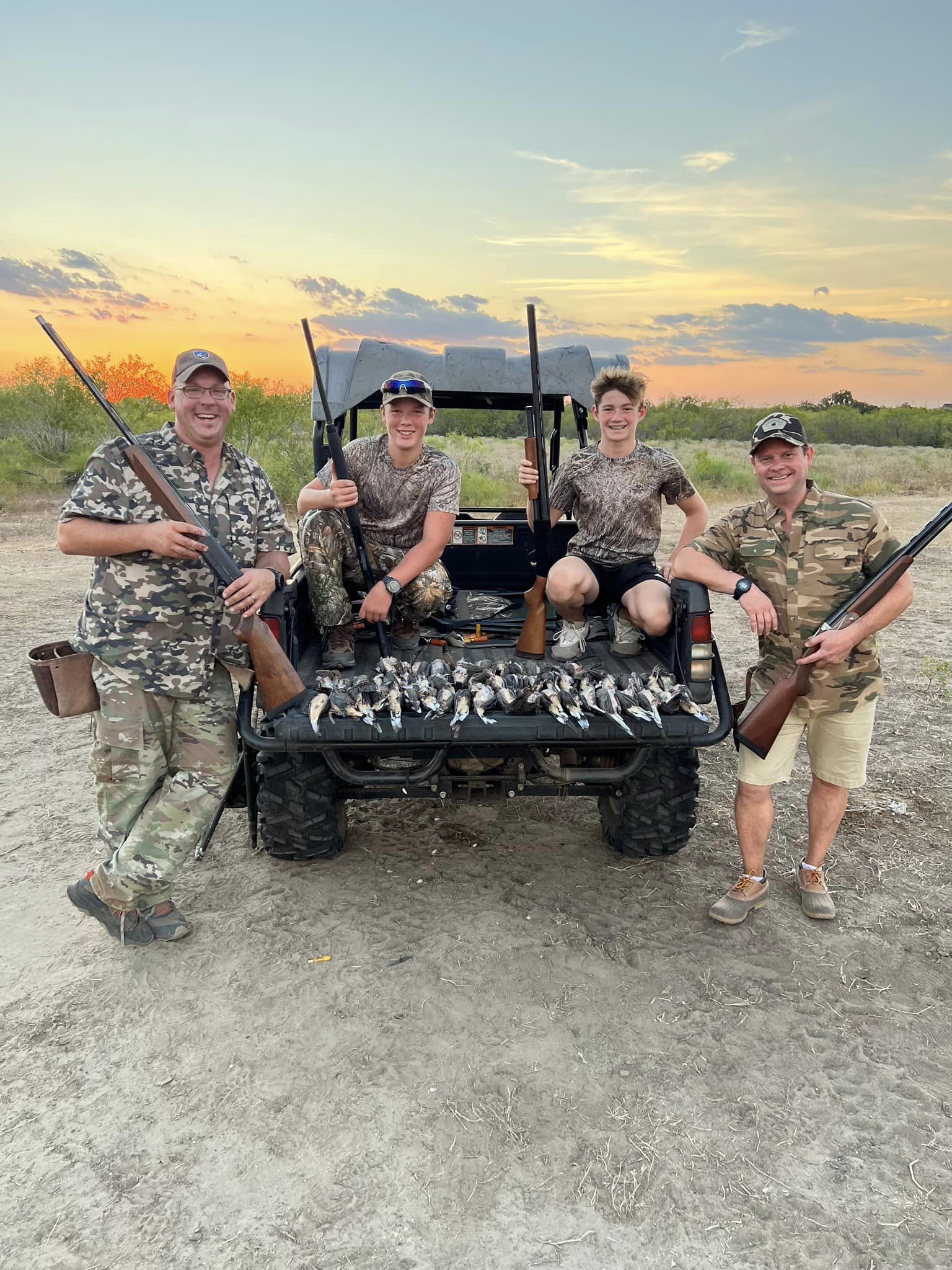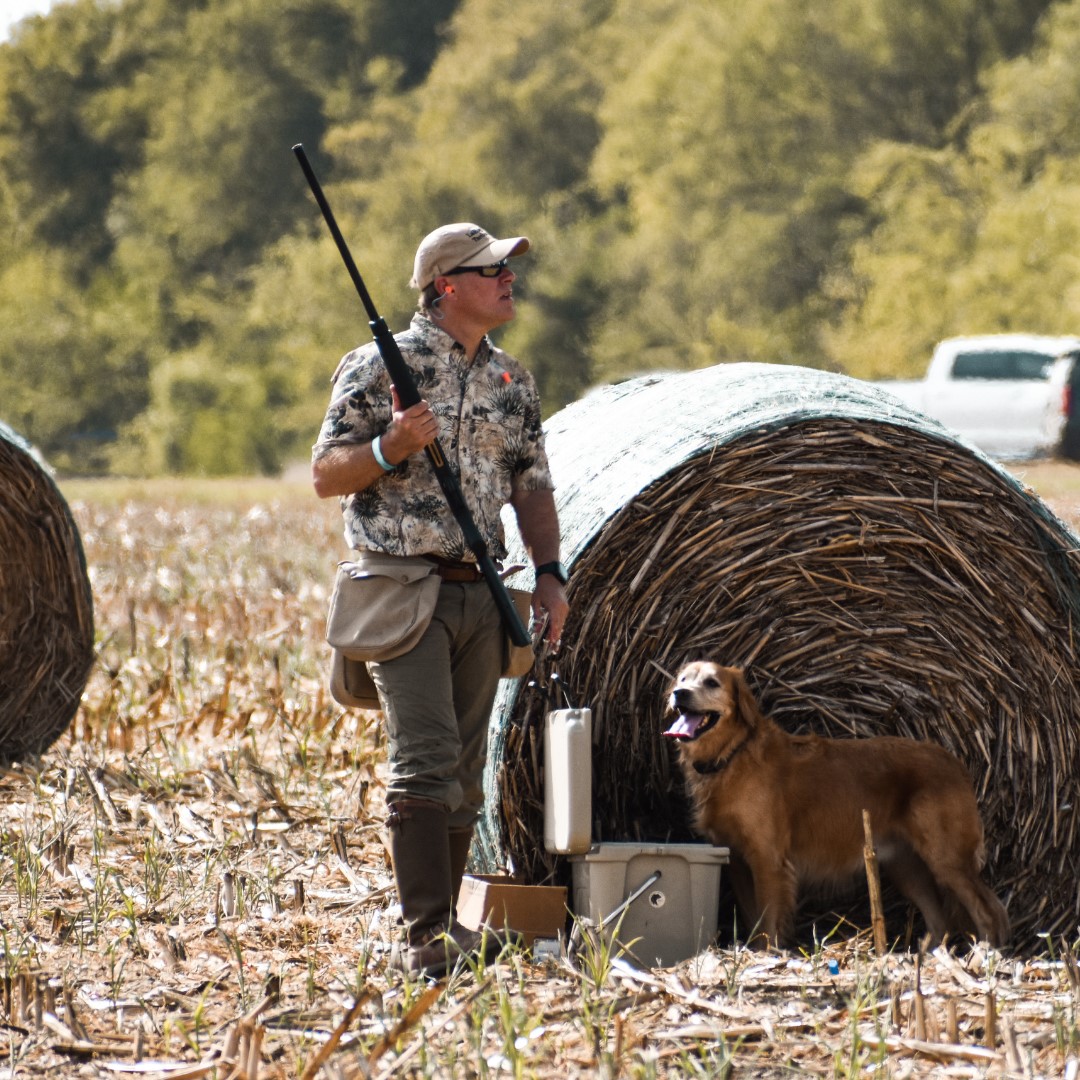Hunting dove in North Carolina is more than just a sport; it’s a tradition that brings together generations of hunters. From the warm early autumn days to the challenging yet rewarding pursuit, dove hunting is an integral part of the state’s outdoor culture. Whether you’re a seasoned hunter or new to the field, understanding the unique aspects of hunting in North Carolina will enhance your experience.
Diverse Terrain
North Carolina boasts a diverse landscape that makes it a haven for various types of wildlife, including mourning doves. The state’s terrain ranges from the rolling hills of the Piedmont to the flat expanses of the Coastal Plain, with agricultural fields, forests, and waterways creating an ideal environment for doves.
The mourning dove, one of the most commonly hunted game birds in the state, thrives in areas where food sources like seeds, grains, and small fruits are abundant. Open fields, farmlands, and grassy areas are prime locations for finding these fast-flying birds. During the early season, you’ll often find doves in fields where crops such as corn, sunflower, or millet have been harvested, as they feast on the remnants.
Hunting Styles: Traditional and Modern Approaches
There are several approaches to dove hunting in North Carolina, each offering its own set of challenges and rewards.
- Pass Shooting: This is the most common method where hunters position themselves along flight paths that doves use to travel between feeding and roosting areas. Early morning and late afternoon are prime times for pass shooting when doves are most active. Position yourself near tree lines, power lines, or other natural cover that doves use for perching.
- Decoying: Another effective method is to use decoys to attract doves. By placing decoys in a field, hunters can draw doves in closer for better shooting opportunities. Motion decoys, which mimic the flapping wings of a landing dove, can be particularly effective.
- Hunting with a Dog: While not as common as in other types of bird hunting, some hunters use retrievers to help recover downed doves. A well-trained dog can save time and energy, especially in thick cover or large fields.
Getting a Permit
To hunt dove in North Carolina, hunters must have the appropriate licenses and permits. Here’s what you’ll need:
- North Carolina Hunting License: All hunters, regardless of age, must have a valid hunting license. There are various options, including annual, lifetime, and short-term licenses.
- North Carolina Harvest Information Program (HIP) Certification: This is required for all migratory bird hunters, including those hunting doves. HIP certification is typically included when you purchase your hunting license, but it’s important to confirm this when obtaining your license.
- Federal Migratory Bird Hunting and Conservation Stamp (Duck Stamp): While primarily required for waterfowl hunting, some dove hunters also purchase this stamp to support conservation efforts.
Licenses and permits can be purchased online through the North Carolina Wildlife Resources Commission’s website, at authorized retailers, or by phone.
Credit: Dove Hunt / Carrier / Oklahoma
Gear Up: Essential Equipment for Dove Hunting
Success in dove hunting not only depends on skill but also on having the right gear. Here’s a breakdown of what you’ll need:
- Shotgun: A 12 or 20-gauge shotgun is the preferred choice for dove hunting. Semi-automatic or pump-action shotguns are popular due to their ability to quickly follow up on fast-moving targets.
- Ammunition: Dove hunters typically use light loads, such as 7.5 to 8 shot, which provide enough spread and power to bring down doves without excessive recoil.
- Camouflage: Doves have keen eyesight, so wearing camouflage clothing that matches the environment is crucial. Lightweight, breathable fabrics are ideal for early season hunts when temperatures are still warm.
- Hunting Stool: Since dove hunting often involves sitting and waiting, a comfortable, portable stool can make the experience more enjoyable.
- Cooler: To preserve your harvest, bring a cooler with ice packs. North Carolina’s warm climate can spoil meat quickly, so proper storage is essential.
- Ear Protection: Don’t overlook the importance of protecting your hearing. Whether using foam earplugs or electronic earmuffs, safeguarding your ears from the shotgun’s report is vital.
Credit: Plenty of Dove Down Here! / Abilene / Texas
The Experience: What It’s Like to Hunt Dove in North Carolina
Hunting dove in North Carolina is a unique experience that blends anticipation with excitement. The early morning mist slowly lifting off the fields, the sound of wings flapping in the distance, and the sharp crack of shotguns are all part of the atmosphere.
Doves are challenging targets. Their erratic flight patterns and speed make them difficult to hit, requiring quick reflexes and accurate shooting. But when you do connect, the reward is satisfying—a plump bird that will make for excellent table fare.
There’s also a strong social aspect to dove hunting. It’s common to see groups of hunters setting up together, sharing stories, and enjoying the camaraderie that comes with the hunt. Whether you’re hunting with friends, family, or meeting new hunters in the field, the shared experience is one of the best parts of dove hunting in North Carolina.
Dove hunting in North Carolina is a tradition steeped in the state’s rich hunting heritage. From the diverse terrain to the challenging nature of the hunt, it offers an experience that is both rewarding and memorable. Whether you’re drawn to the sport for the thrill of the hunt, the opportunity to spend time outdoors, or the chance to gather with fellow hunters, North Carolina provides the perfect backdrop for an unforgettable dove hunting adventure.
Ready to book a dove hunt? Click here on Venku.com for the most comprehensive list of dove hunting guides and properties in the United States.

